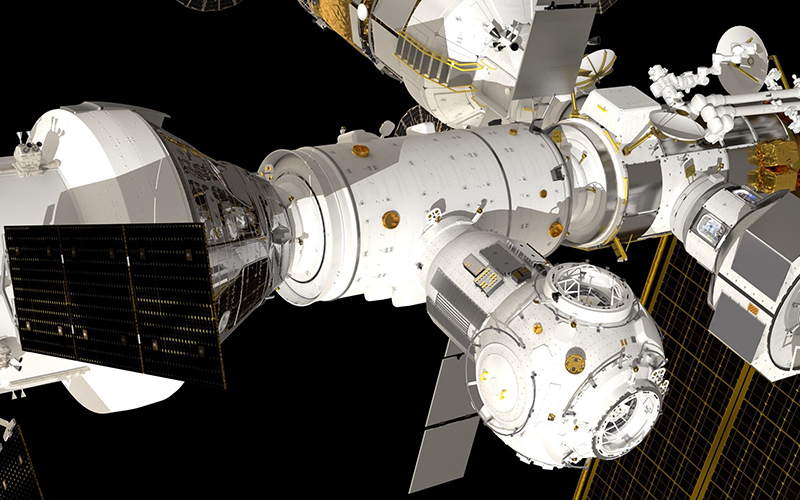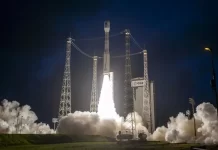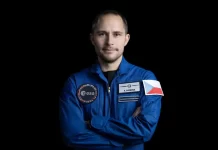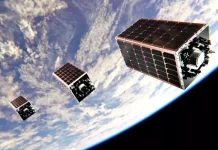
The European Space Agency has launched a call for ideas to develop self-sufficient life support systems that address the challenges of extended space missions in low Earth orbit and beyond.
Sustaining life in space requires considerable amounts of water, oxygen, and food. The consumption of those resources then generates waste, which is an equally challenging element of long-duration space missions. In low Earth orbit, missions can rely on resupply spacecraft from Earth. However, missions beyond Earth will need to at least partially rely on systems that allow a degree of self-sufficiency.
Over the last 30 years, ESA has researched life support systems for space missions through its Micro-Ecological Life Support System Alternative (MELiSSA) project. With this latest call, the agency hopes to transition “from knowledge to action and impact.”
The aim of the call is to identify ideas, technologies, and methods that address three specific challenges: optimizing biomass composition for crew diets, developing efficient waste-to-product routes, and mitigating virus risks in life support processes.
In addition to the base objectives, ESA has also asked applicants to study how the solutions proposed could be used for terrestrial applications here on Earth. Optimized diets, effective waste management, and virus mitigation are, after all, just as important for sustaining life here on Earth as they are in deep space.
Contracts will be awarded for system studies or early technology development activities. The maximum award for system studies will be €100,000. Early technology development proposals will receive up to €175,000. Interested parties have until late January to submit proposals.




